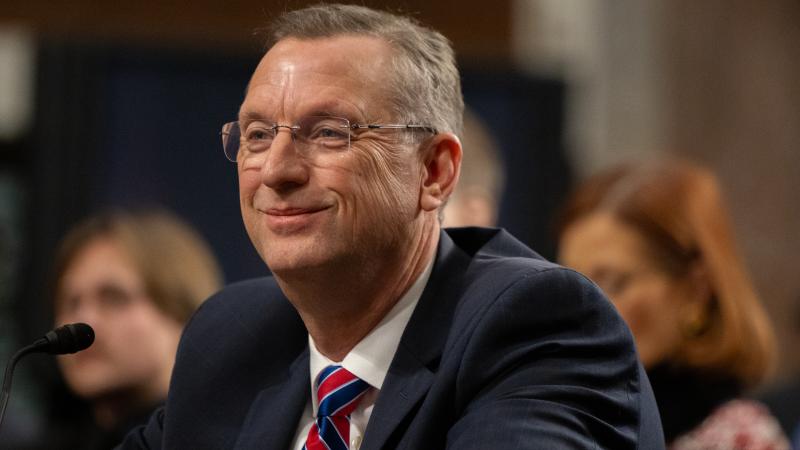Federal prisoners hold $100 million in government run accounts, frustrating law enforcement, report
Law enforcement officials say the system has risks of abuse and corruption by inmates.
Federal inmates are purportedly keeping large sums of money, as much as $100 million, in government-run deposit accounts while in prison, with the money largely protect from U.S. laws to which accounts for non-incarcerated Americans are subject.
Roughly 129,000 inmates are in the Bureau of Prison system and have access to a program run by the agency giving them personal banking accounts, sources familiar with the matter told The Washington Post.
The accounts are shielded from court order payments such as alimony, child support or other debts. The agency told the Post that it couldn't force inmates to comply with state court orders for payments such as alimony or child support.
Bank accounts for non-incarcerated Americans are subject to the Bank Secrecy Act, which flags suspicious account activity such as transferring sums of over $10,000. However, inmates aren’t beholden to the law prison bureau is a federal agency and not considered a financial institution.
More than 20 inmate accounts holding more than $100,000, with the total amount in all federal prisoner accounts reaching $100 million combined, sources told The Post.
A Bureau of Prisons spokeswoman, Randilee Giamusso, told the Post that the agency "encourages all inmates to meet his or her financial obligations through participation in the Inmate Financial Responsibility Program."
The accounts have long frustrated law enforcement agencies that have told the prisons that the system is ripe for abuse, money laundering, and corruption.
"Inmates are using this banking system to shelter this money," Jason Wojdylo, a retired U.S. Marshal who spent years trying to persuade the Bureau of Prisons to change.
















